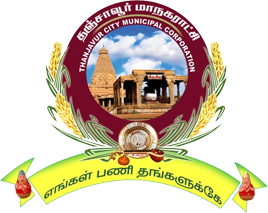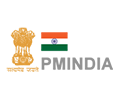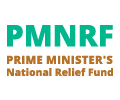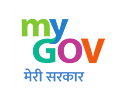Corona Virus – WHO Advice For Public
- Home
- Corona Virus – WHO Advice For Public
Corona virus – WHO advice for public
- Get vaccinated as soon as your turn comes and follow the local guidelines on vaccination.
- Keep a physical distance of at least 1 meter from others, even if others appear to be ill. Avoid meetings and close contact.
- Wear a properly fitted mask when physical distance is not possible and ventilation is low.
- Wash your hands frequently with alcohol-based hand rubs or soap and water.
- When you cough or sneeze, cover your mouth and nose with a bent elbow or tissue. Dispose of used tissue immediately and wash hands frequently.
- If you have symptoms or have a positive test for Covit-19, isolate yourself until you are well.
- Wear a mask properly:
- Make sure your mask covers your nose, mouth and chin.
- Wash your hands before wearing your mask, before removing it, and after touching it at any time.
- When removing your mask, store it in a clean plastic bag. If it is a cloth mask, wash it every day or dispose of it in the trash if it is a medical mask.
- Do not use masks with valves.
- Make your environment safer:
- The risks of getting COV-19 are high in crowded and under-ventilated areas, where victims spend a lot of time nearby. Infections have been reported in crowded places and often in crowded indoor areas, such as restaurants, choir exercises, fitness classes, nightclubs, offices, and places of worship where loud talking, shouting, breathing or singing.
- Avoid 3Cs: spaces that include closed, congested or close contact.
- Meet outsiders. Outdoor gatherings are safer than indoor ones, especially if the indoor space is small and no outside air can get inside.
- Maintain good health:
- By following good respiratory hygiene, you protect those around you from the viruses that cause colds, flu and Govt-19.
- Wash your hands regularly and thoroughly with alcohol-based hand rub or soap and water. It removes germs, including viruses, from your hands.
- Close your mouth and nose with your bent elbow or tissue when you cough or sneeze. Dispose of used tissue immediately in a sealed container and wash your hands.
- Clean and disinfect surfaces frequently, especially surfaces that come in contact with door handles, pipes and telephone screens.
- What to do if you are unwell ::
- If you have a fever, cough and difficulty breathing, consult a doctor immediately. Call first and follow the instructions of your local health officer.
- Learn the full range of symptoms of Covit-19. The most common symptoms of Govit-19 are fever, dry cough, fatigue and loss of taste or smell. Less common symptoms are aches and pains, headache, sore throat, red or irritated eyes, diarrhea, skin rash or discoloration of fingers or toes.
- Stay home and self-isolate for 10 days after the onset of symptoms, and three days after the symptoms have stopped. Call your healthcare provider or hotline for advice. Ask someone to bring you supplies. If you have to leave your home or have someone near you, wear a properly fitted mask to avoid infecting others.
- Keep up-to-date with the latest information from trusted sources such as the WHO or your local and national health authorities. It is best to consult with local and national authorities and the public health services on what people in your area should do to protect themselves.







